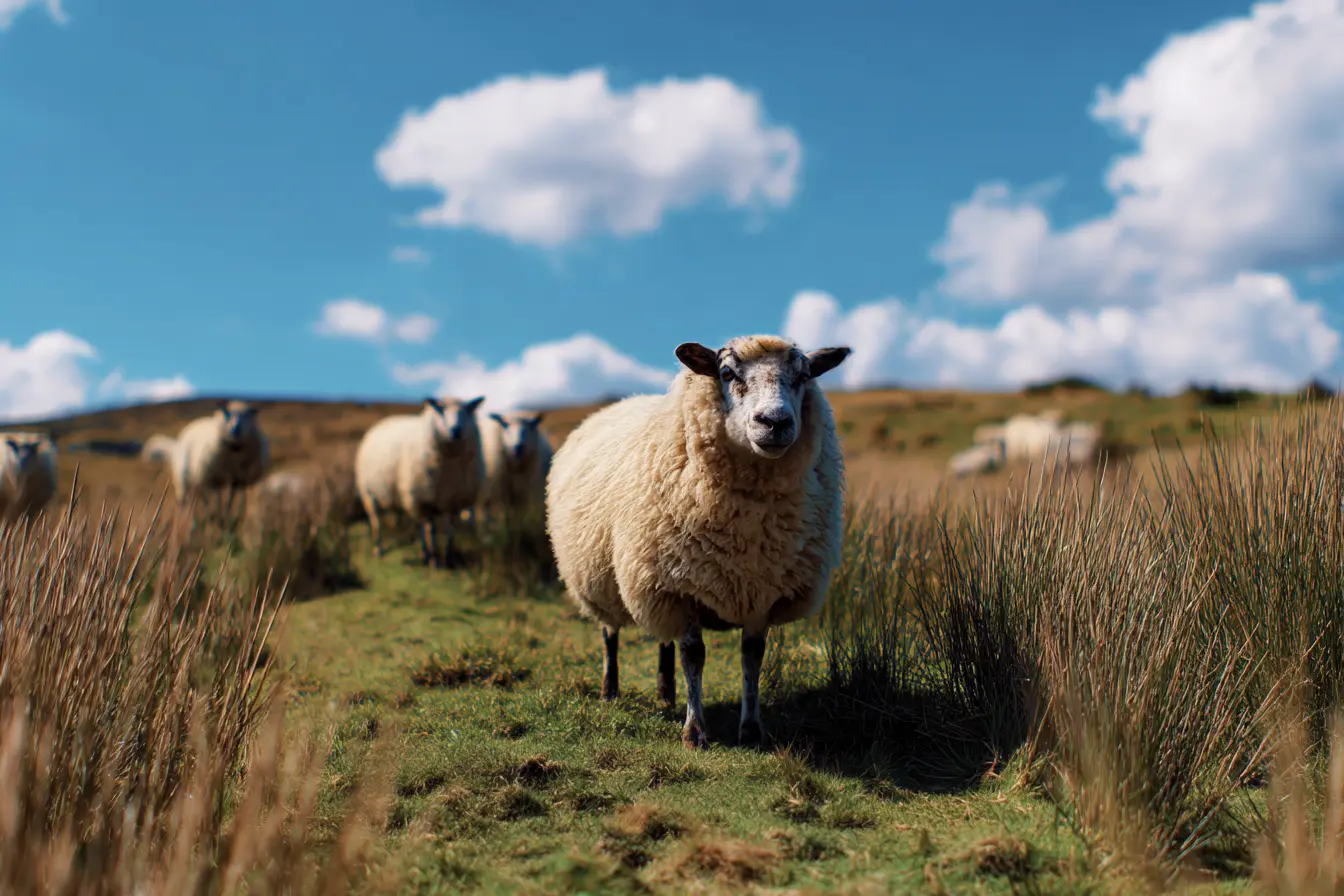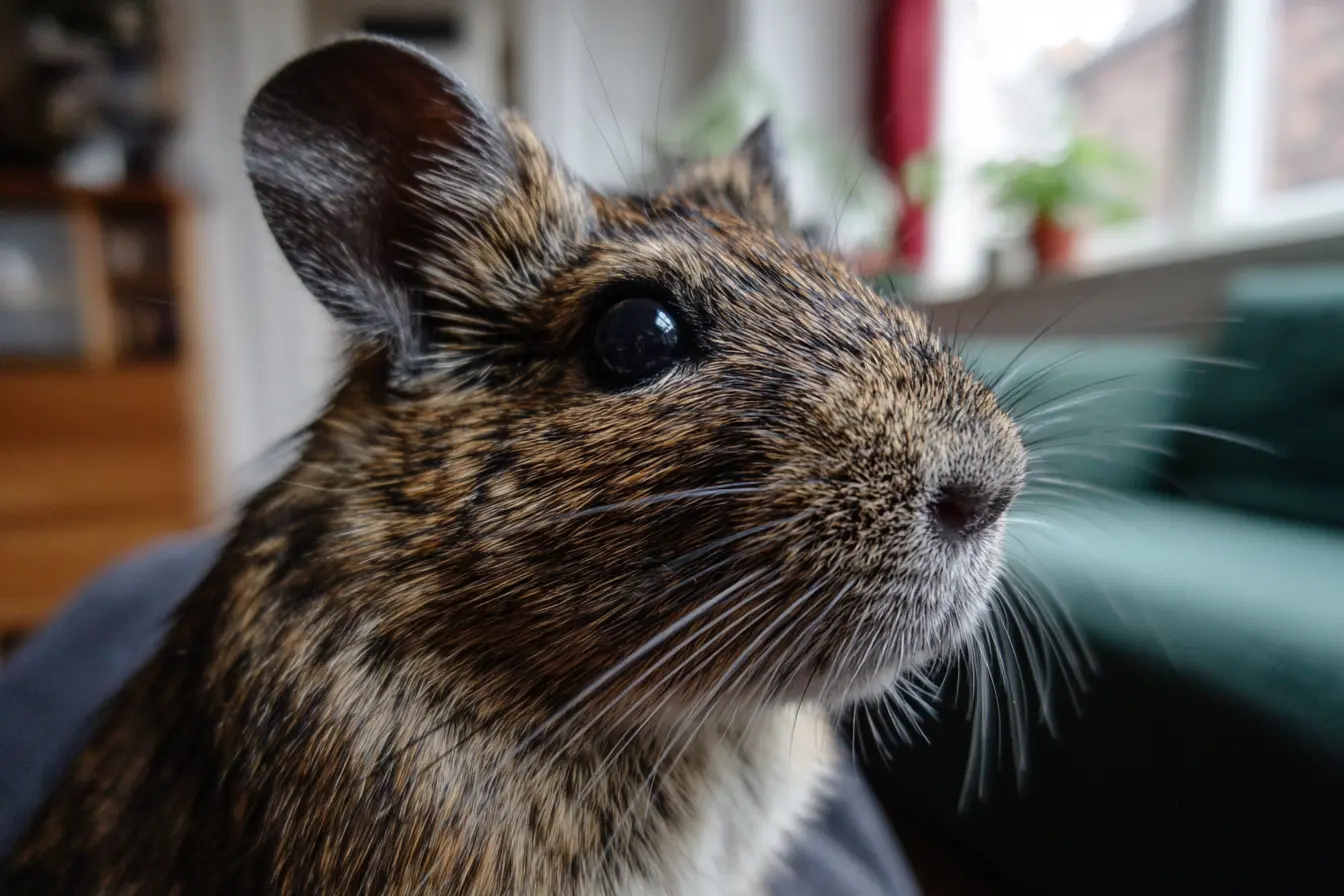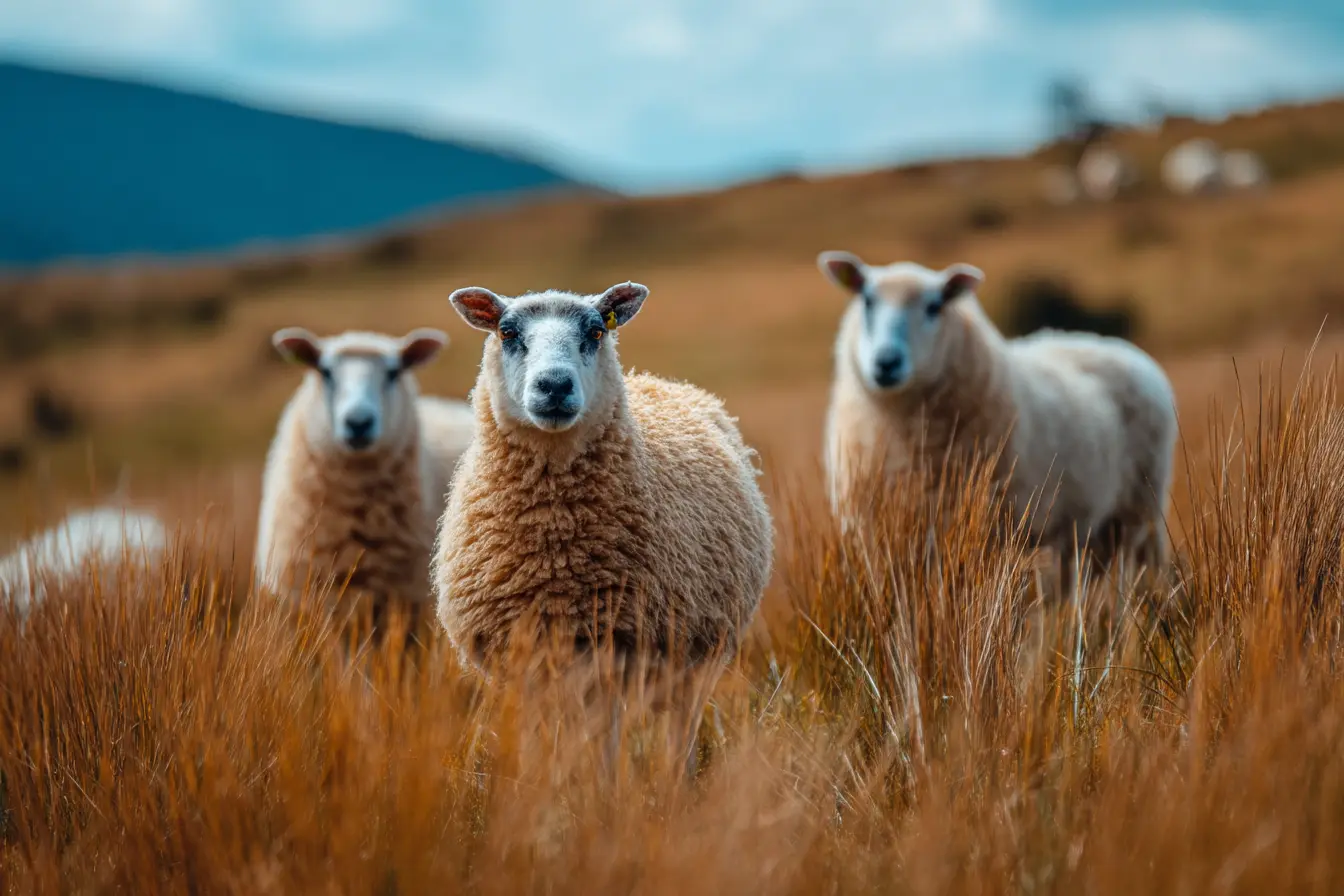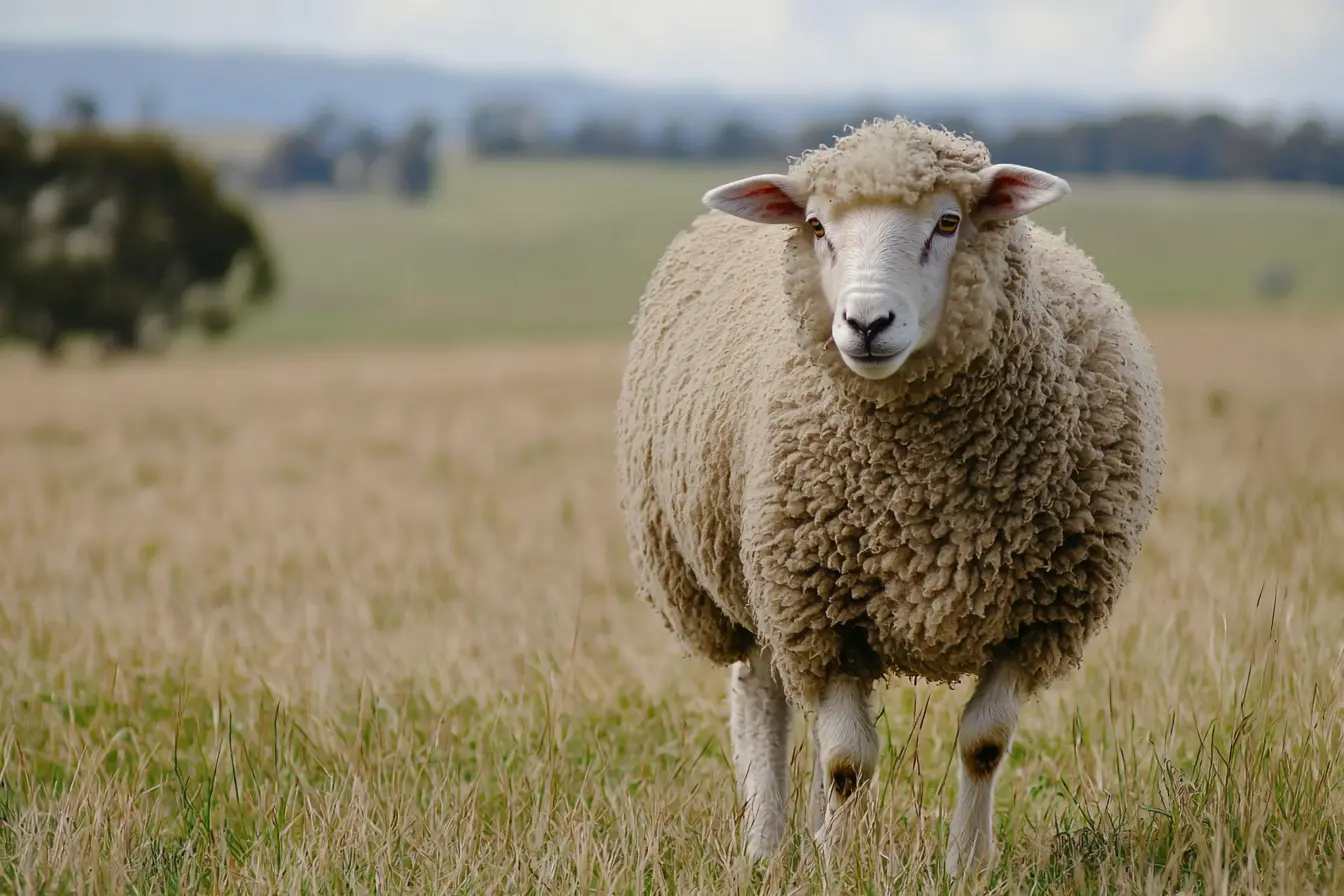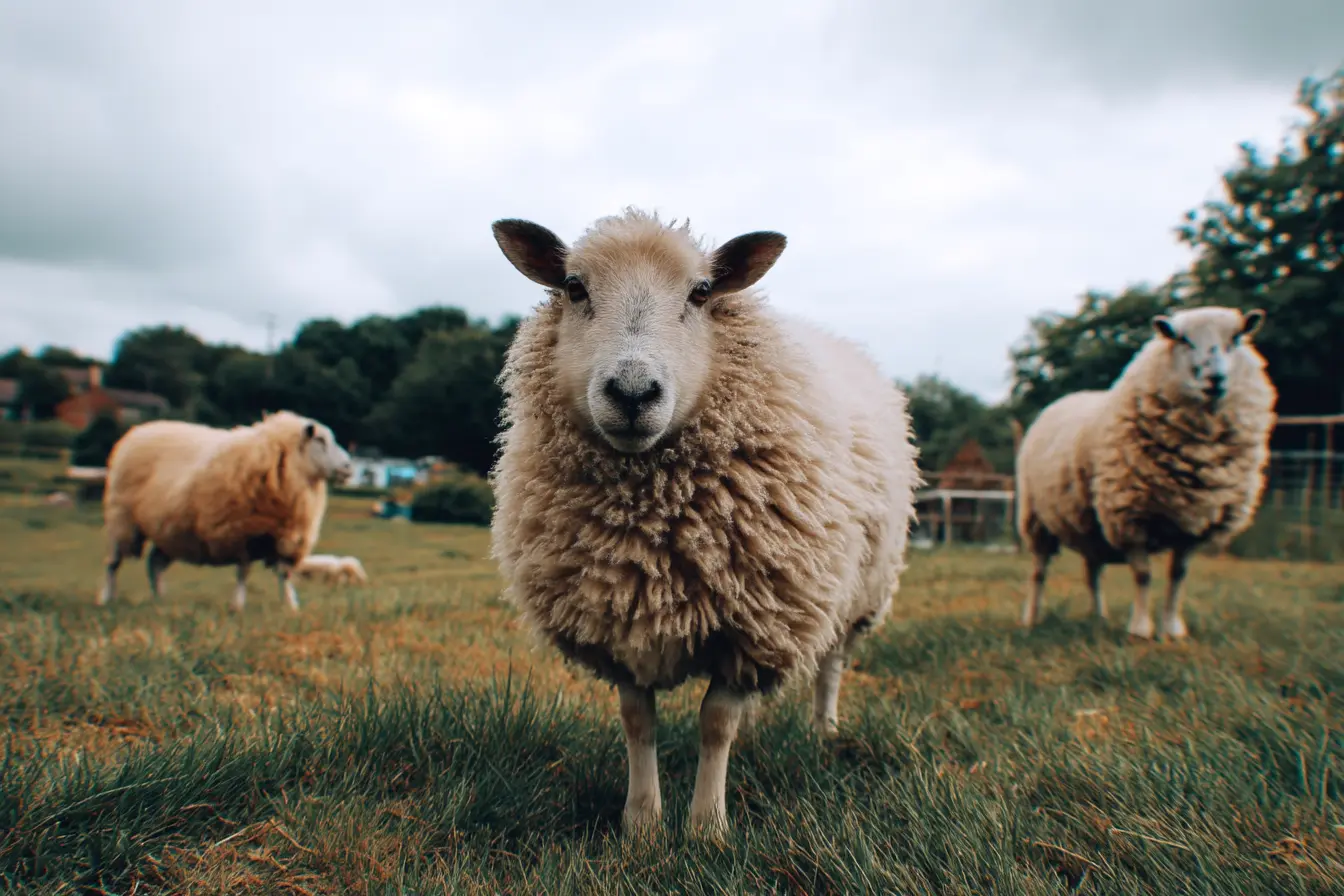
A Guide to Vaccinations and Deworming for Sheep
Sheep are relatively hardy animals, but keeping your flock healthy requires careful management of their health through vaccinations and deworming. As a new sheep owner, it’s important to understand which diseases to vaccinate against and how to control internal and external parasites. This guide will help you establish a routine health programme to keep your flock thriving.
Why Vaccinations Are Important for Sheep
Vaccinations protect sheep from serious, potentially fatal diseases. Some of these diseases are widespread and difficult to control once they take hold, making prevention through vaccination the best strategy. A good vaccination programme not only protects your flock but also reduces the risk of disease outbreaks.
Core Vaccinations for Sheep
Below are some of the key vaccinations that every sheep flock should receive.
Clostridial Diseases (e.g., Tetanus, Pulpy Kidney, Black Disease)
Clostridial bacteria are present in the environment and can cause sudden death in sheep. These diseases are almost always fatal but can be prevented through vaccination.
Recommended Schedule:
- First vaccination at 3-6 weeks of age.
- Booster 4-6 weeks later.
- Annual booster for all sheep thereafter.
- Ewes should be vaccinated 4-6 weeks before lambing to pass immunity to lambs through colostrum.
Pasteurella (Pneumonia)
Pasteurella bacteria can cause respiratory infections, particularly in lambs and sheep under stress. The disease can spread quickly and cause severe illness or death.
Recommended Schedule:
- Often combined with clostridial vaccines (as a "Heptavac" or "Ovivac" programme).
- Vaccinate lambs at 3-6 weeks of age with a second dose 4-6 weeks later.
- Annual booster for adult sheep.
Footrot (Optional)
Footrot is a bacterial infection that causes lameness and can spread rapidly through the flock. Vaccination can help reduce the severity and incidence of outbreaks.
Recommended Schedule:
- Two doses, 4-6 weeks apart.
- Booster every 6 months if needed in high-risk areas.
Enzootic Abortion (EAE)
Enzootic abortion is a major cause of lamb losses in pregnant ewes. Vaccination is essential for flocks that experience reproductive issues.
Recommended Schedule:
- Vaccinate breeding ewes at least 4 weeks before mating.
- Booster as recommended by your vet.
Toxoplasmosis (For Breeding Ewes)
Toxoplasmosis is another common cause of abortion in sheep. The vaccine is recommended for flocks with a history of abortion or in areas where the disease is prevalent.
Recommended Schedule:
- Single dose before mating.
- No booster required.
Orf (Optional)
Orf is a highly contagious skin disease that causes scabby lesions around the mouth, nose, and feet. The vaccine is a live virus and should only be used in flocks where orf is already present.
Recommended Schedule:
- Administer the vaccine to lambs after birth if orf is present in the flock.
Deworming Requirements for Sheep
Parasites are a major health concern for sheep and can lead to poor weight gain, reduced fertility, and even death. Internal and external parasites need to be managed through regular deworming and good pasture management.
Common Internal Parasites in Sheep
- Roundworms
- Lungworms
- Liver flukes
- Tapeworms
- Coccidia
Common External Parasites in Sheep
- Lice
- Mites
- Ticks
- Blowflies (causing flystrike)
When to Deworm Sheep
The frequency of deworming will depend on factors such as your location, the age of your sheep, and pasture conditions. Below is a general guide:
- Lambs: Deworm at 6-8 weeks of age, then every 4-6 weeks during the grazing season.
- Adult Sheep: Deworm 2-3 times a year, particularly in spring and autumn.
- Ewes: Deworm before lambing to reduce the risk of passing parasites to lambs.
Strategic Deworming Based on Faecal Egg Counts (FECs)
Overusing dewormers can lead to resistance in worms, making treatment less effective over time. To avoid this, implement a strategic deworming programme based on faecal egg counts (FECs). This involves testing sheep droppings to measure the parasite burden and only deworming when necessary.
Signs Your Sheep May Need Deworming
Keep an eye out for the following signs that your sheep may have a high parasite load:
- Weight loss or poor body condition
- Diarrhoea (scours)
- Anaemia (pale gums and eyelids)
- Rough coat
- Lethargy
- Bottle jaw (swelling under the jaw)
If you notice any of these symptoms, consult your vet and conduct a faecal egg count to determine the next steps.
Best Practices for Vaccination and Deworming
- Consult Your Vet: Every farm is different, so it's essential to work with your vet to tailor a vaccination and deworming programme for your flock.
- Keep Records: Maintain detailed records of all vaccinations and deworming treatments, including dates, batch numbers, and any reactions.
- Use the Right Products: Always use vaccines and dewormers approved for sheep and follow the manufacturer’s instructions carefully.
- Administer Correct Dosages: Weigh your sheep and administer the correct dose to ensure effective treatment.
- Practice Good Pasture Management: Rotating pastures and keeping pens clean can help reduce the parasite burden on your farm.
- Avoid Overusing Dewormers: Use faecal egg counts to determine when deworming is necessary, and avoid routine blanket treatments.
When to Call the Vet
While vaccinations and deworming can help prevent many issues, it’s important to know when to seek veterinary advice. Contact your vet if you notice:
- Persistent diarrhoea or scours
- Weight loss despite a good diet
- Lameness or foot infections
- Swollen lymph nodes or abscesses
- Breathing difficulties
- Neurological symptoms (such as staggering or head pressing)
Conclusion
A well-planned vaccination and deworming programme is essential to maintaining a healthy, productive flock of sheep. By working closely with your vet and staying proactive, you can prevent many common diseases and keep your sheep thriving. Prevention is always better than cure, so regular health checks, good pasture management, and record-keeping are key to successful sheep farming.
Vets near you
Speciality vets
- Aquatics vet specialists
- Birds vet specialists
- Camelids vet specialists
- Cats vet specialists
- Cattle vet specialists
- Deer vet specialists
- Dogs vet specialists
- Equines vet specialists
- Exotic vet specialists
- Goats vet specialists
- Pigs vet specialists
- Poultry vet specialists
- Sheep vet specialists
- Small Mammals vet specialists
- Wild vet specialists
Vet facilities
- Accessible by public transport
- Blood testing
- Car park nearby
- Client car park
- Dentistry
- Diagnostic imaging
- Disabled public access
- Flea and worm treatments
- Microchipping
- Mobile services
- Neutering
- Open at weekends
- Out-of-hours service
- Referral interests
- Referrals only
- Street parking outside
- Toilets available
- Vaccination clinic
